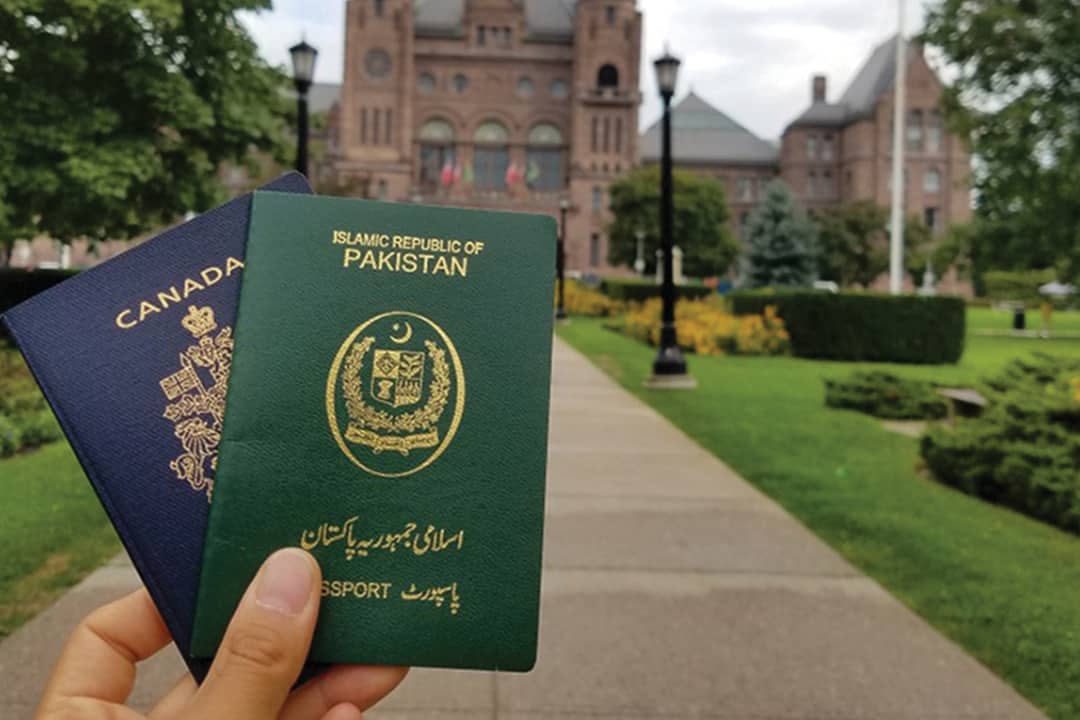The government of Canada requires that most international students obtain a study permit and student visa before they enter the country and begin their studies. If there’s one thing most international students have in common, it’s knowing the painfully long process of applying for student visas and study permits. It’s not the application procedure itself that is long, but rather the waiting time to actually receive our student visa and study permit.
According to the Government of Canada, as of September 30, 2022 there are around 2.6 million applications in the inventories and a 31 per cent backlog of study permits in Immigration, Refugees and Citizenship Canada (IRCC). With this backlog, many international students would not have had their study permits processed in time to begin their studies during the fall 2022 semester. In an article for the Toronto Star, a spokesperson from U of T reported that as of September, more than 600 permits for U of T students were still outstanding.
While IRCC has been working on reducing the backlog of applications in their inventory, the current process and excessive backlog still places international students in a sticky situation.
The transition back to in-person after online learning only gives international students a certain window to enter the country before classes and assessments begin. If international students aren’t able to enter the country past this timeframe, they have no choice but to postpone their semester. I know this experience pretty well myself.
When I graduated high school, I was counting down the days for my student visa to arrive so that I could begin my new journey at the University of Toronto. Just like all other students, my excitement overcame me and I planned even the tiniest of details.
Yet, what I didn’t anticipate was not receiving my visa on time. September was fast-approaching and my study permit application still hadn’t been processed. I was lucky the immigration advisors at U of T and University College were doing everything they could to help me. Unfortunately though, my time was up.
When the semester began, it was clear I wasn’t going to get my visa in time despite everything U of T was doing to help me. I had no choice but to postpone my semester. I ended up having to take a gap year that I had not planned for. Despite my situation, I was able to find a way to continue my studies.
The unpredictability of the situation can create a lot of instability for international students, as it can be a really emotional time period with very limited options. Additionally, many students who postpone their semester end up graduating a year later than they expected.
In the article for the Toronto Star, Leila Ghodrat Jahromi, discussed her issues with obtaining a Canadian study permit so that she could begin her master of education degree at Simon Fraser University (SFU). Ghodrat Jahromi, who was in Turkey at the time she was interviewed by the Toronto Star, sold land she received from her parents and her car to cover the cost of tuition. She received her acceptance from SFU in February and then applied for her study permit in early June. However, Ghodrat Jahromi was forced to postpone the beginning of her program to spring 2023 because she had not received her visa in time.
Immigration, Refugees and Citizenship Canada (IRCC) needs to do better to address these backlogs. Whether this means hiring more staff to process applications, or establishing a better system for reviewing applications, something needs to be done. For international students, attending school abroad means not only investing a significant amount of time and money into their future, but also leaving family and friends behind. This process takes a toll on students and the added stress of worrying about a student visa and study permit doesn’t help.
Hiba Faisal is a fourth-year student in University College double majoring in English and political science and minoring in history.


